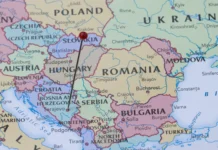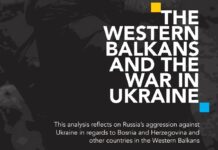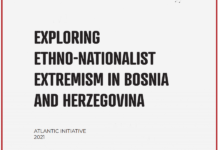As BiH moves from the era of Dayton onto the road to Brussels, the EU itself has assumed a leading position in BiH’s international engagement – not to the exclusion of other partners, but through a naturally evolving relationship based on BiH’s aspiration to obtain EU membership.
The following organizations / institutions are part of the wider European Presence in BiH:
EUSR – The EU Special Representative (EUSR) for Bosnia and Herzegovina plays a central role in promoting overall EU political co-ordination in BiH. The present EUSR in BiH, Valentin Inzko, was appointed in March 2009. The EUSR is also the International Community’s High Representative for BiH.
The EUSR is tasked with maintaining an overview of the whole range of activities in the field of the Rule of Law and in providing advice to the Secretary General of the Council of the EU and High Representative for Foreign and Security Policy and to the EC, as necessary. The EUSR also has authority to give direction, as necessary, to the head of the EUPM.
EUFOR – In December 2004, the EU launched a peacekeeping military operation in BiH, replacing NATO’s SFOR mission. EUFOR deploys a robust military force at the same force levels as SFOR – 7,000 troops – to ensure continued compliance with the Dayton/Paris Peace Agreement (DPA) and to contribute to a safe and secure environment in BiH. Key supporting tasks are to provide support to the International Criminal Tribunal for the Former Yugoslavia (ICTY) and relevant authorities, including the detention of ICTY indictees, and provide the security environment in which the police can act against organised crime. The number of troops was recently reduced and currently stands at 2,500.
EUPM – As part of the broader rule of law approach in BiH and in the region, the EU Police Mission was established in January 2003 to replace the UN’s International Police Task Force (IPTF). EUPM aims to establish a sustainable, professional and multiethnic police service in BiH, operating in accordance with best European and international standards. This is achieved through mentoring, monitoring, and inspecting.
EUPM operates in accordance with commitments made as part of the Stabilisation and Association Process with the EU, in particular with regard to the fight against organised crime and police reform. EUPM is the lead in the co-ordination of policing aspects of the European Security and Defense Policy
(ESDP) efforts in the fight against organised crime. It assists local authorities in planning and conducting investigations into major and organised crime.
Source: http://www.delbih.ec.europa.eu/








